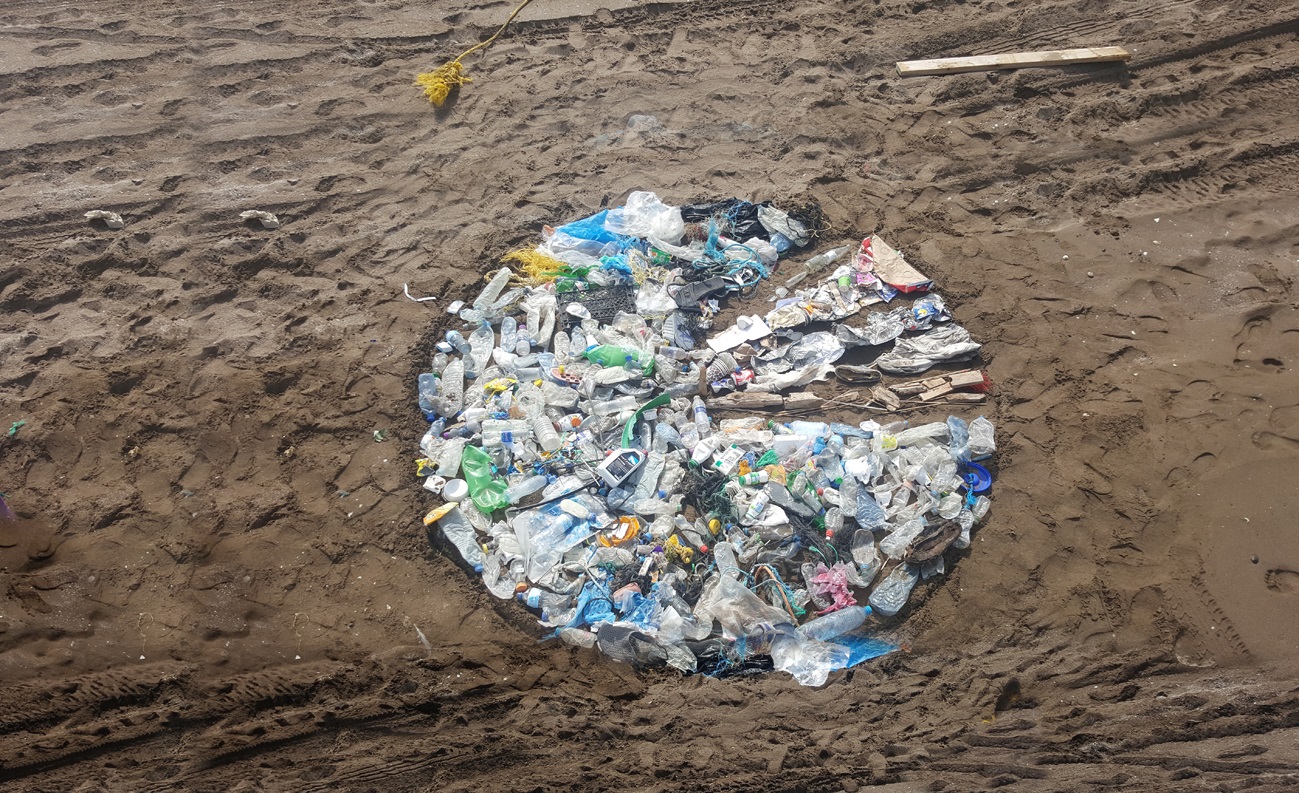
Muscat: Quriyat and Barka recorded the highest rate of pollution among Omani beaches with discarded plastic the most common waste, according to a study prepared by the National Centre for Environmental Conservation.
During the study, 3,926 pieces of waste weighing 85.48kg were collected from an area 1,300 meters long, from thirteen beaches spread along the coastline of the Sea of Oman.
The Study, entitled “The Environmental Efficiency of Beaches in Muscat Governorate and Wilayat Barka”, revealed that while plastic debris was the most prevalent, wood made up most of the total weight of beach waste.
Ahmed Al Busaidi, Senior Researcher-Environmental Marine Life at the centre said: “The highest rate of contamination was found at the beach of Wilayat Quriyat at a rate of 6.4 pieces per metre whereas the lowest levels of pollution were found at Muttrah with only 0.7 pieces per metre.” The study revealed that, overall, the average number of waste pieces observed per metre was three.
As well as measuring general cleanliness levels and the most common waste indicators, the study also looked at how the beaches are cleaned and the levels of public awareness of litter.
Al Busaidi added: “35.2 per cent of the respondents saw litter levels increasing day after day and said most of the waste was randomly discarded items”.
“We need to tighten laws and procedures aimed at protecting the coastal environment from inappropriate behaviour, with perhaps the introduction of environmental police on beaches,” Al Busaidi suggest.
Abdul Haleem Al Rasheedi, a wild life expert, explained that the litter problem on Omani beaches was not as bad as other parts of the world: “According to the study results, the average amount of waste monitored in the shores of the Sea of Oman was 56kg/km and this ratio is normal compared to the rates recorded globally, which range from 100 to 1,000kg/km in some areas.”
“However, to reduce the waste on the beaches, we call on the authorities to adopt a clear approach in the distribution of high quality and sealed rubbish bins, especially on the approach to the beaches of Wilayats Barka and Quriyat,” Al Rasheedi added.
Ali Al Qatiti, the head of Health and Environment Committee at Shura Council said, “We are aware that there are a number of issues that we need the public to be more aware of in terms of pollution and litter. I believe that Omani society is aware of the importance of preserving the cleanliness of their environment and we have introduced policies and penalties to control the problems.